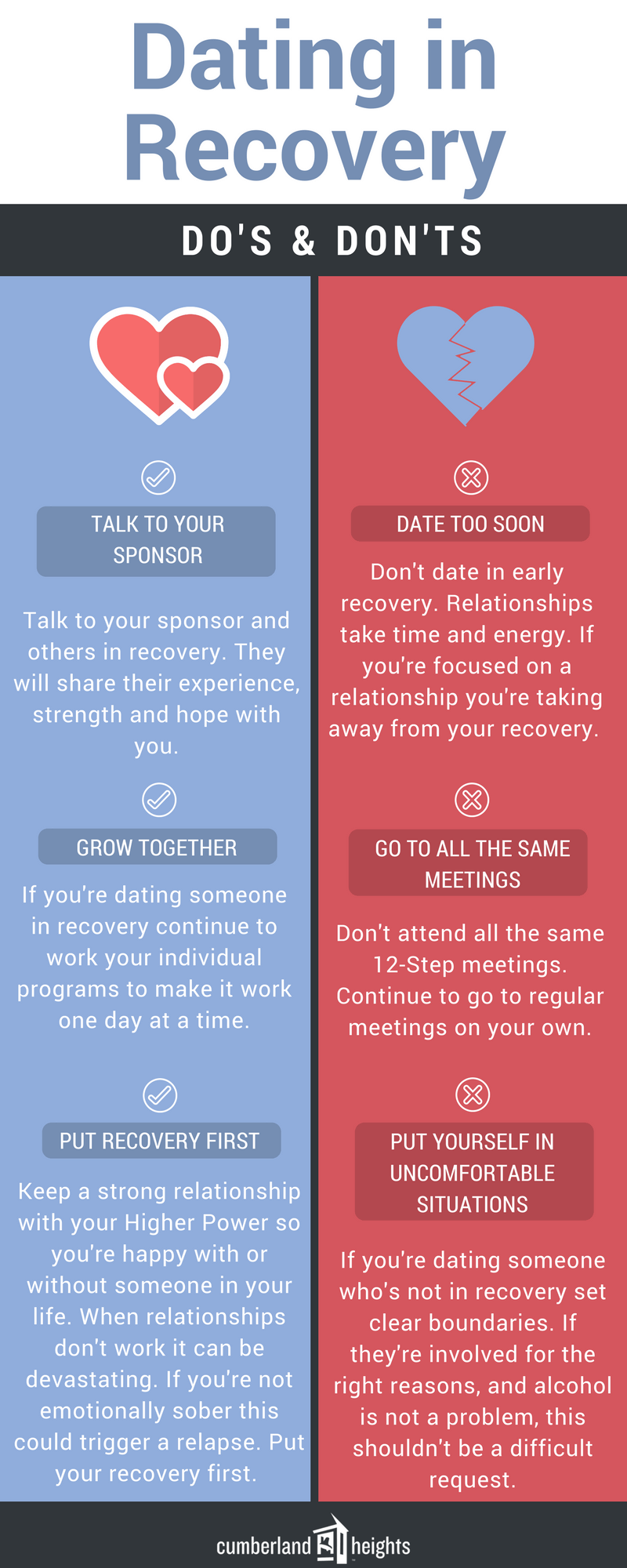Discover The Trick To Producing A Robust Aftercare Strategy Complying With Drug Rehabilitation And Unlock The Door To Sustained Success
Discover The Trick To Producing A Robust Aftercare Strategy Complying With Drug Rehabilitation And Unlock The Door To Sustained Success
Blog Article
Authored By-Jantzen Mcclain
You have actually finished drug rehabilitation, and currently it's time to create a successful aftercare strategy to guarantee your long-lasting healing.
Image this: you're an individual determined to stay tidy and build a fulfilling life. This write-up will assist you through determining recurring support group, including therapy and counseling, and developing healthy and balanced coping systems.
With these methods, you'll be furnished to prosper in your trip of sobriety.
Let's begin.
Identifying Ongoing Support Equipments
You need to recognize a minimum of 3 recurring support group to make sure a successful recovery after drug rehab.
The initial support system is your family and friends. They can provide emotional support, encouragement, and assist you remain answerable. They can also offer a risk-free and understanding setting where you can share your struggles and triumphes.
The 2nd support system is your specialist or therapist. They can aid you work through any type of underlying concerns that may have contributed to your dependency and give advice on how to prevent regression. They can additionally teach you coping mechanisms and healthy ways to manage stress and anxiety.
The third support group is a support system or a sober area. Being bordered by others that are undergoing comparable experiences can be unbelievably beneficial. They can offer a feeling of belonging, understanding, and deal beneficial recommendations and support.
Incorporating Treatment and Counseling
To attain an effective recovery, it is necessary for you to proactively participate in therapy and therapy sessions, along with incorporate them right into your ongoing support group. By doing so, you can take full advantage of the advantages of these treatment techniques and raise your opportunities of maintaining lasting soberness.
Here are some vital reasons integrating treatment and therapy into your aftercare plan is important:
- ** Emotional Support: ** Treatment and counseling offer a risk-free space for you to share your thoughts, feelings, and struggles pertaining to your addiction. It enables you to overcome any unsettled concerns and establish healthy coping devices.
- ** Fall back Prevention: ** These sessions outfit you with the essential devices and techniques to avoid relapse. They help you determine triggers, create dealing skills, and establish a solid structure for managing desires and anxiety.
- ** Individual Development: ** Therapy and counseling facilitate individual growth and self-discovery. They assist you get insight into the underlying reasons for your dependency, improve self-worth, and develop much healthier relationships.
Developing Healthy Coping Mechanisms
Throughout treatment and counseling sessions, it's essential to proactively work on developing healthy coping devices in order to properly manage stress and obstacles.
You need to identify and understand your triggers, those points that trigger you distress or anxiousness. By recognizing a knockout post , you can establish techniques to handle them in a healthy method. please click the next webpage could include exercising deep breathing exercises, taking part in exercise, or discovering an innovative electrical outlet to express your feelings.
It is very important to likewise surround on your own with a solid support group of loved ones who can give inspiration and guidance.
Furthermore, self-care activities such as getting enough rest, eating well, and exercising relaxation strategies can considerably contribute to your total well-being.
Final thought
In the journey towards recovery, creating a successful aftercare plan is like tending to a fragile garden. Just as a gardener nurtures each plant with care and focus, so also need to one cultivate recurring support systems, incorporate therapy and therapy, and establish healthy and balanced coping systems.
By doing so, the seeds of healing will certainly blossom into a flourishing garden, providing a solid foundation for a brighter, drug-free future.
